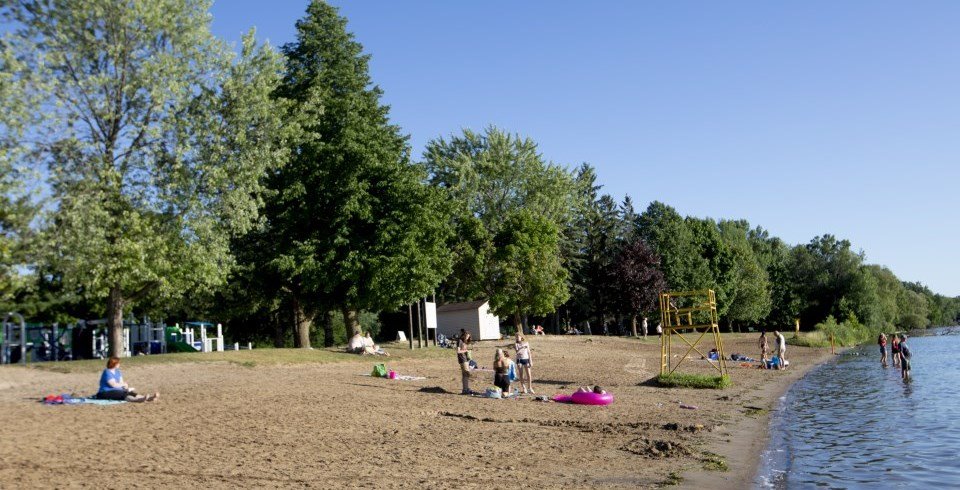Recalled Beef Jelly Tongue Products Sold in Region
/Health Canada has issued a recall of Beef Jelly Tongue products following confirmed cases of listeria linked to these products that have been sold within the region.
THe product sold at the Bridgenorth Deli. Photo courtesy of the Government of Canada.
One case of Listeria infection has been confirmed following the purchase of the product at Bridgenorth Deli, located at 871 Ward St. in Bridgenorth, prior to being informed of the recall.
The premise is cooperating with the Canadian Food Inspection Agency (CFIA) and Peterborough Public Health (PPH) regarding the product recall and assuring the safety of their clients according to press release. The deli is making every effort to contact the customers directly.
A visible display of sliced beef jelly tongue being sold. Photo courtesy of the Government of Canada.
Actions to take:
DO NOT EAT recalled products
If you are ill and think you have consumed the product, contact your healthcare provider immediately.
Check to see if you have recalled product and throw out or return to location of purchase.
Symptoms to monitor for:
Vomiting
Nausea
Persistent fever
Muscle aches
Severe headache
Stiff neck


















